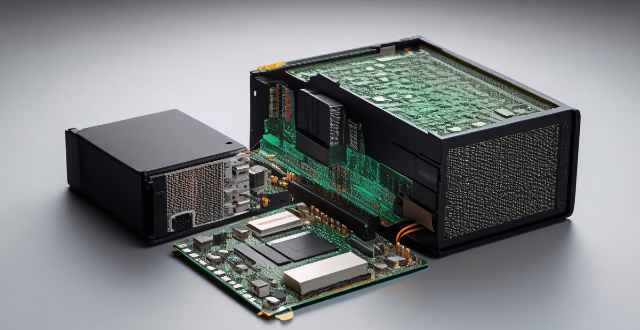Data encryption is crucial for securing data but can affect computer performance by increasing processor load, memory usage, disk I/O, network latency, and reducing battery life.

How Data Encryption Affects Computer Performance
Data encryption is an essential tool for securing data, but it does come with a cost in terms of computer performance. Here's how:
Processor Load
Encryption algorithms require a significant amount of processing power to execute. This means that the CPU has to work harder and longer to perform its usual tasks, which can slow down the overall system performance. The more complex the encryption algorithm, the greater the processor load.
Memory Usage
Encryption processes also consume memory resources. As data is encrypted and decrypted, additional memory is needed to store temporary data and manage the encryption keys. This increased memory usage can lead to slower system response times, especially on systems with limited RAM.
Disk I/O
Disk read and write operations are another area where encryption can impact performance. When data is written to disk, it must first be encrypted before being saved, and when it's read from disk, it needs to be decrypted before it can be used. These extra steps can slow down file transfer speeds and prolong boot-up times.
Network Performance
For network communications, encryption adds latency due to the time required to encrypt and decrypt data packets. This can result in slower data transmission rates over networks, particularly noticeable in applications that require real-time communication or high-bandwidth transfers.
Battery Life
On portable devices, such as laptops and smartphones, encryption can have an impact on battery life. The increased processor load and memory usage associated with encryption can cause these devices to drain their batteries more quickly than if encryption were not used.
Key Points to Consider:
- Increased Processor Load: More cycles are needed for encryption and decryption processes.
- Higher Memory Usage: Additional memory is required for managing encryption keys and temporary data.
- Slower Disk I/O: Reading from and writing to disk involve extra steps for encryption and decryption.
- Network Latency: Encrypting and decrypting data packets introduces delays in network communications.
- Reduced Battery Life: Portable devices may experience shorter battery lifespans due to the added demands of encryption.
In conclusion, while data encryption provides vital security benefits, it's important to understand the potential impact on computer performance and take measures to mitigate these effects where possible.